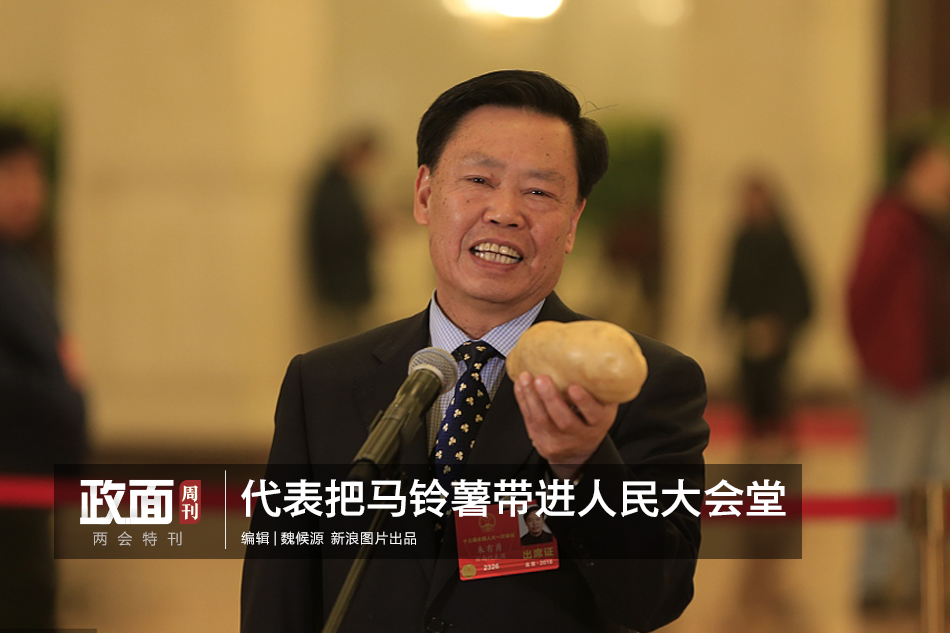
Short-term memory, long-term memory. Cognitive psychology regards memory as the process of coding, storing and extracting input information by the human brain. Memory is divided into three systems: instantaneous memory, short-term memory and long-term memory, which is based on the different ways of encoding, storing and extracting information, as well as the different length of information storage time.
What are the three memory systems: memory is also regarded as the process of the human brain encoding, storing and extracting input information, and according to the different ways of coding, storing and extracting information, as well as the different length of information storage time, memory is divided into instantaneous memory, short-term memory and long-term memory. A system.
What are the three memory systems? According to the different ways of encoding, storing and extracting information, and the different length of information storage time, memory is divided into three systems: instantaneous memory, short-term memory and long-term memory.
The three stages of memory are sensory memory, short-term memory and long-term memory. Sensory memory: Sensory memory refers to the information we receive through various sensory organs, such as vision, hearing, touch, taste and smell.
What are the three memory systems? According to the different ways of coding, storage and extraction of information, and the different length of information storage time, memory is divided into instantaneous memory, short-term memory and long-term memory. Remember the three systems.
The coding method of instantaneous memory, that is, the way instantaneous memory remembers information, is the image of external stimuli. Because the information of instantaneous memory is first registered in the sensory channel in the form of sensory images, instantaneous memory has a distinct image. The capacity of instantaneous memory is large, but the retention time is very short.
Perception is the cognitive process of giving meaning through information. ( 2) Working memory. It is the memory of processing and encoding information in the human brain within a minute. The holding time is about 5 seconds to 1 minute. Short-term memory also includes direct memory and working memory.

Weber's score), which is only applicable to medium-intensity stimuli, which is different from the Weber's score of sensory organs (2) Fechner's Law: 1860, using the differential threshold as the unit of sensation, a stimulus was measured. The difference threshold contained is believed to be the psychological intensity caused by this stimulus.
The concept of memory is the psychological process of accumulating, preserving and extracting individual experience in the mind.From storing into the brain to extracting and applying again, this complete process is collectively called memory.
Long-term memory refers to the memory maintained for more than a minute after external stimuli appear in a very short time. Features: The capacity of memory is unlimited, whether it is the type or quantity of information. Coding Semantic coding: Use words to process information and organize coding according to the meaning of the material.
Memory and memory process Definition: It is the reaction of past experience in the mind. Past experience refers to the perception of things, thinking about problems, the emotional experience caused by things, and the actions that have been carried out in the past. Function: It is the root of wisdom and the cornerstone of psychological development.
Casino Plus-APP, download it now, new users will receive a novice gift pack.
Short-term memory, long-term memory. Cognitive psychology regards memory as the process of coding, storing and extracting input information by the human brain. Memory is divided into three systems: instantaneous memory, short-term memory and long-term memory, which is based on the different ways of encoding, storing and extracting information, as well as the different length of information storage time.
What are the three memory systems: memory is also regarded as the process of the human brain encoding, storing and extracting input information, and according to the different ways of coding, storing and extracting information, as well as the different length of information storage time, memory is divided into instantaneous memory, short-term memory and long-term memory. A system.
What are the three memory systems? According to the different ways of encoding, storing and extracting information, and the different length of information storage time, memory is divided into three systems: instantaneous memory, short-term memory and long-term memory.
The three stages of memory are sensory memory, short-term memory and long-term memory. Sensory memory: Sensory memory refers to the information we receive through various sensory organs, such as vision, hearing, touch, taste and smell.
What are the three memory systems? According to the different ways of coding, storage and extraction of information, and the different length of information storage time, memory is divided into instantaneous memory, short-term memory and long-term memory. Remember the three systems.
The coding method of instantaneous memory, that is, the way instantaneous memory remembers information, is the image of external stimuli. Because the information of instantaneous memory is first registered in the sensory channel in the form of sensory images, instantaneous memory has a distinct image. The capacity of instantaneous memory is large, but the retention time is very short.
Perception is the cognitive process of giving meaning through information. ( 2) Working memory. It is the memory of processing and encoding information in the human brain within a minute. The holding time is about 5 seconds to 1 minute. Short-term memory also includes direct memory and working memory.

Weber's score), which is only applicable to medium-intensity stimuli, which is different from the Weber's score of sensory organs (2) Fechner's Law: 1860, using the differential threshold as the unit of sensation, a stimulus was measured. The difference threshold contained is believed to be the psychological intensity caused by this stimulus.
The concept of memory is the psychological process of accumulating, preserving and extracting individual experience in the mind.From storing into the brain to extracting and applying again, this complete process is collectively called memory.
Long-term memory refers to the memory maintained for more than a minute after external stimuli appear in a very short time. Features: The capacity of memory is unlimited, whether it is the type or quantity of information. Coding Semantic coding: Use words to process information and organize coding according to the meaning of the material.
Memory and memory process Definition: It is the reaction of past experience in the mind. Past experience refers to the perception of things, thinking about problems, the emotional experience caused by things, and the actions that have been carried out in the past. Function: It is the root of wisdom and the cornerstone of psychological development.
Hearthstone arena deck Builder
author: 2025-02-05 09:33Free sports events uefa champions league app android
author: 2025-02-05 11:26 DigiPlus fair value
DigiPlus fair value
867.44MB
Check Champions League
Champions League
728.46MB
Check 100 free bonus casino no deposit GCash
100 free bonus casino no deposit GCash
243.77MB
Check Hearthstone Arena Tier List
Hearthstone Arena Tier List
138.83MB
Check Casino Plus
Casino Plus
764.38MB
Check DigiPlus fair value
DigiPlus fair value
886.89MB
Check PAGCOR online casino free 100
PAGCOR online casino free 100
313.85MB
Check UEFA Europa League
UEFA Europa League
393.59MB
Check UEFA Europa League
UEFA Europa League
819.26MB
Check Bingo Plus
Bingo Plus
683.25MB
Check UEFA TV
UEFA TV
762.76MB
Check Hearthstone arena deck Builder
Hearthstone arena deck Builder
812.25MB
Check Casino free 100 no deposit
Casino free 100 no deposit
621.31MB
Check Hearthstone deck
Hearthstone deck
182.88MB
Check UEFA European championship
UEFA European championship
932.95MB
Check European Cup live
European Cup live
682.35MB
Check Casino Plus GCash login
Casino Plus GCash login
634.19MB
Check Hearthstone deck
Hearthstone deck
832.68MB
Check European Cup live
European Cup live
522.95MB
Check Free sports events uefa champions league app android
Free sports events uefa champions league app android
374.11MB
Check Hearthstone arena deck Builder
Hearthstone arena deck Builder
931.23MB
Check UEFA TV
UEFA TV
119.95MB
Check Bingo Plus
Bingo Plus
477.21MB
Check casino plus free 100
casino plus free 100
936.86MB
Check UEFA Champions League live
UEFA Champions League live
285.44MB
Check Casino Plus free 100
Casino Plus free 100
341.17MB
Check UEFA EURO
UEFA EURO
334.31MB
Check UEFA live free
UEFA live free
493.24MB
Check Casino Plus
Casino Plus
259.67MB
Check UEFA Europa League
UEFA Europa League
795.87MB
Check DigiPlus stock
DigiPlus stock
717.59MB
Check TNT Sports
TNT Sports
133.24MB
Check UEFA Europa League
UEFA Europa League
166.34MB
Check Europa League app
Europa League app
212.64MB
Check Hearthstone Arena Tier List
Hearthstone Arena Tier List
781.71MB
Check App to watch Champions League live free
App to watch Champions League live free
364.23MB
Check
Scan to install
Casino Plus to discover more
Netizen comments More
250 European Cup live
2025-02-05 11:33 recommend
665 DigiPlus fair value
2025-02-05 11:01 recommend
895 UEFA Champions League live
2025-02-05 10:40 recommend
149 Casino Plus GCash login
2025-02-05 10:31 recommend
1136 DigiPlus stock
2025-02-05 09:55 recommend